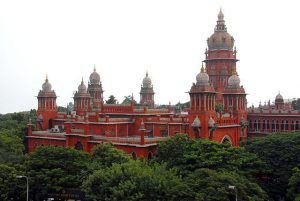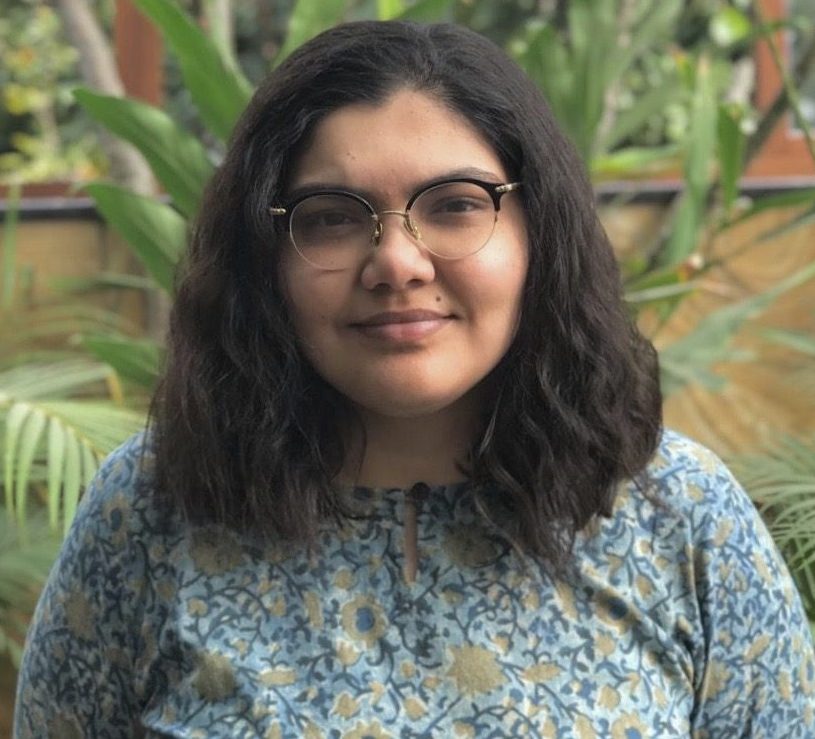
Source: Wikimedia Commons; Image only for representational purpose
Recently, an order of the Madras High Court dated 07.06.2021 in Writ Petition No. 7284 of 2021 made headlines for all the right reasons. In a first, the Single Judge Bench of the Madras High Court, issued a gamut of directions in a step towards ensuring that persons belonging to the LGBTQIA+ community lead a safer, more dignified life.
The Writ Petition was filed by a same-sex couple who had fled to Chennai in order to escape the harassment they received from their respective families who were opposed to their relationship. After their families filed missing person complaints, fearing for their safety and security, the Petitioners approached the High Court seeking a direction that the police must not harass them and to protect them from their families. Put in another way – persons who have legitimate apprehensions of becoming victims of a violent crime not only had to approach the High Court for protection from the potential perpetrators but also had to seek protection from the harassment of the police.
The aforementioned facts leading up to the filing of the Writ Petition, or the relief sought by the Petitioners are not uncommon, by any stretch of the imagination. What is uncommon, though, is the proactive turn this particular case took with regards to how the Judge swiftly recognized and overcame his prejudices. The Judge in this case, took the initiative to unlearn his biases by undergoing psycho-therapy sessions, speaking to persons of the LGBTQIA+ community and their families, and consequently, understand the problems specific to the LGBTQIA+ community before issuing guidelines to address the identified issues.
While such orders are welcome pieces of intervention, both from this order and the previous orders in the same case, what is apparent is a glaring lacunae when it comes to training and sensitization in the larger justice system. Despite a constitution bench verdict in the case of Navtej Singh Johar & Ors. vs. the Union of India that decriminalized consensual same-sex relationships, there is an evident void especially when it comes to training and sensitization of first responders in the justice system – the police.
The order of the Madras High Court mentions that ‘majority of commoners are yet to comprehend homosexuality completely’. It is important to recognize the justice system – especially the persons at the ground level such as constables and Station House Officers (SHO)s, are lay persons who may not be aware of how to implement positive developments into the course of their work. Further, such lay persons – who are the primary gatekeepers of our justice systems – do not have the resources required, at their disposal, to ‘unlearn their bias’.
At this juncture, it becomes particularly important to have sensitization and training programmes that will necessarily play a key role in bringing such issues into the mainstream. To have its intended effect – that is, a justice system that does not fail in absence of constitutional intervention – sensitization and training programmes need to be developed broadly, with two different target audiences in mind. The first are training programmes for new-recruits at the police and judicial academies, while the other set of programmes are aimed at the current batch of officers, both police and judicial.
Unless such programmes are effectively implemented, and ground level officers are kept abreast of how to proceed when there is a case involving a person from the LGBTQIA+ community, constitutionally guaranteed rights will remain accessible to only those that have the resources and awareness to approach constitutional courts.

